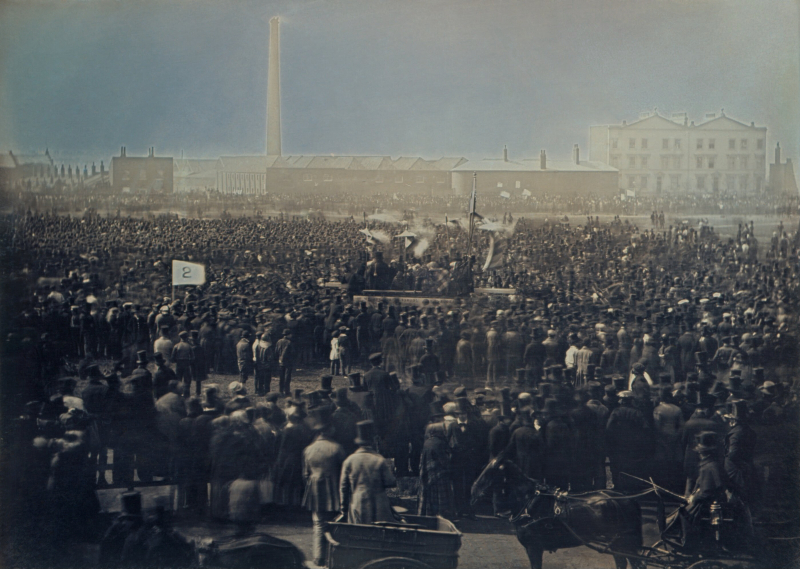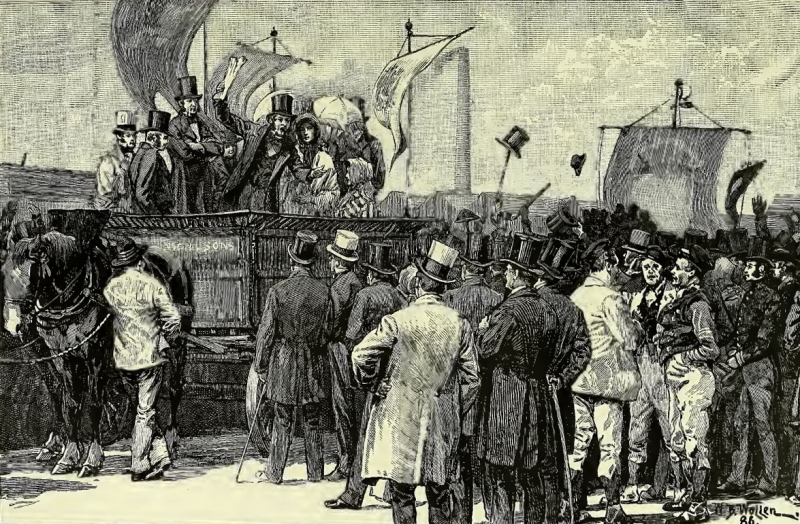The Chartism
Chartism was a working-class political reform movement in the United Kingdom that exploded from 1838 to 1857, peaking in 1839, 1842, and 1848. It was a national protest movement with strongholds in Northern England, the East Midlands, the Staffordshire Potteries, the Black Country, and the South Wales Valleys. It drew its name from the People's Charter of 1838. The movement was aggressively opposed by government officials, who eventually crushed it.
When petitions signed by millions of working people were brought to the House of Commons, support for the cause was at its peak. The method utilized was to use the level of support displayed by these petitions and associated public assemblies to put pressure on politicians to provide manhood suffrage. Chartism thus relied on constitutional means to achieve its goals, while some became involved in the insurgency, particularly in South Wales and Yorkshire.
Six improvements were proposed in the People's Charter to make the political system more democratic. After Chartism fizzled out, Britain implemented five measures. Chartists regarded themselves as fighting against political corruption and for democracy in an industrial society, but they also drew support from outside of radical political groupings for economic reasons, such as resisting wage cuts and unemployment.
Date: 1838 to 1857
Location: the United Kingdom
Purpose: making the political system more democratic












